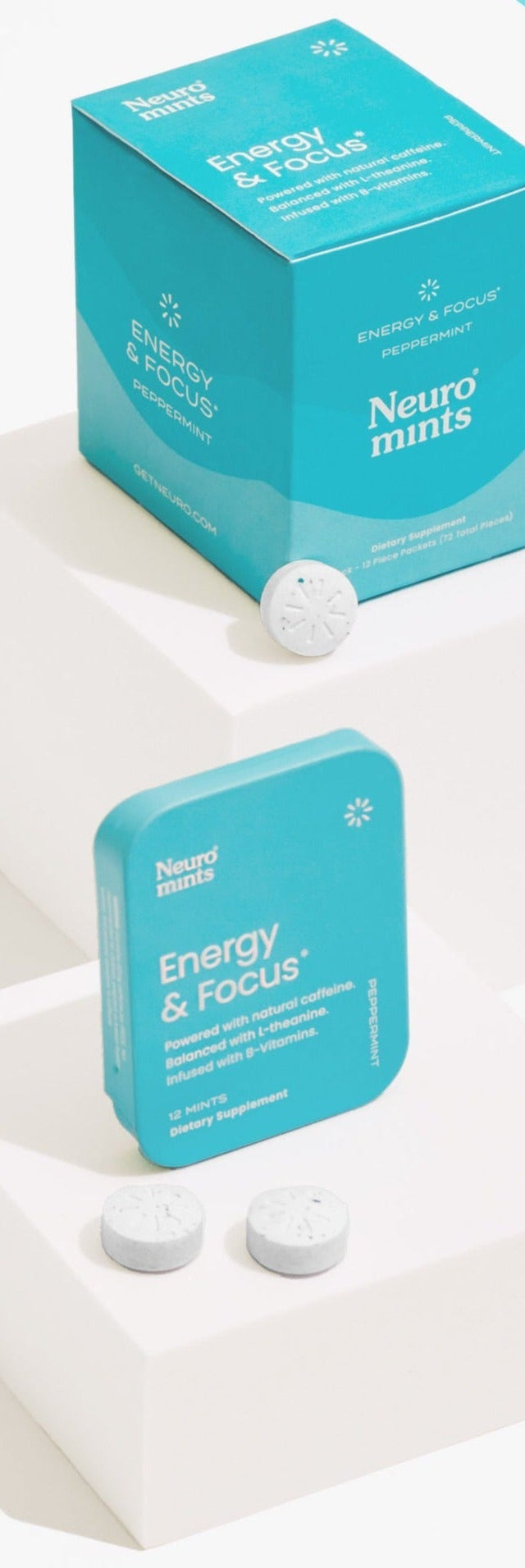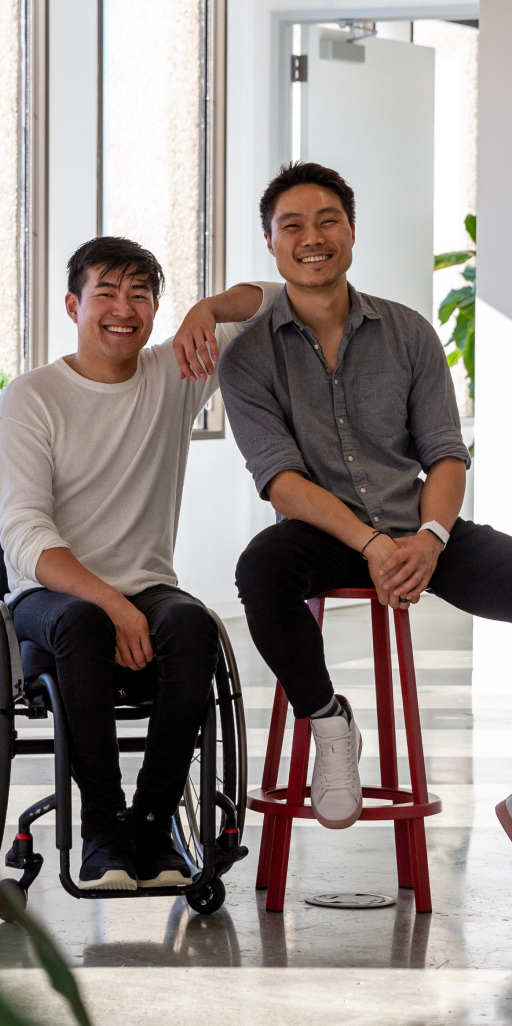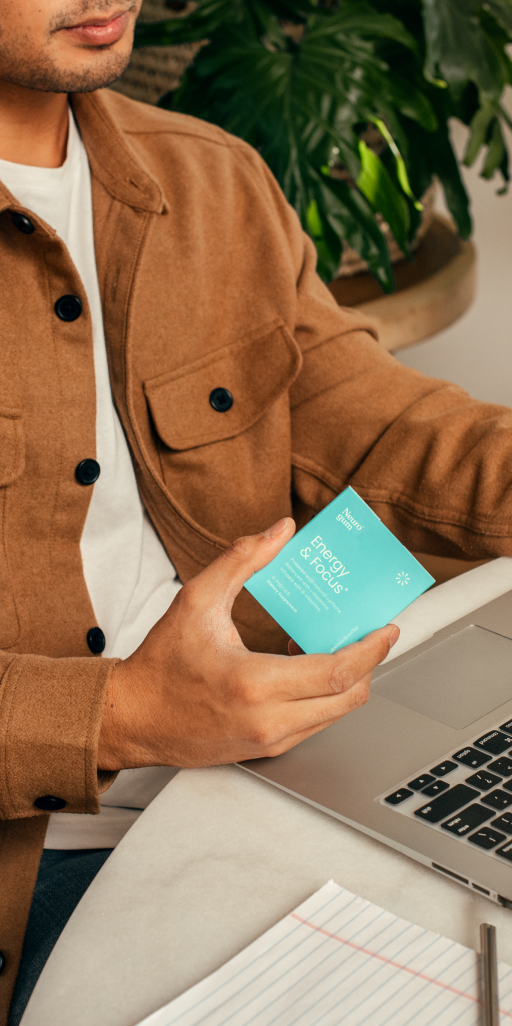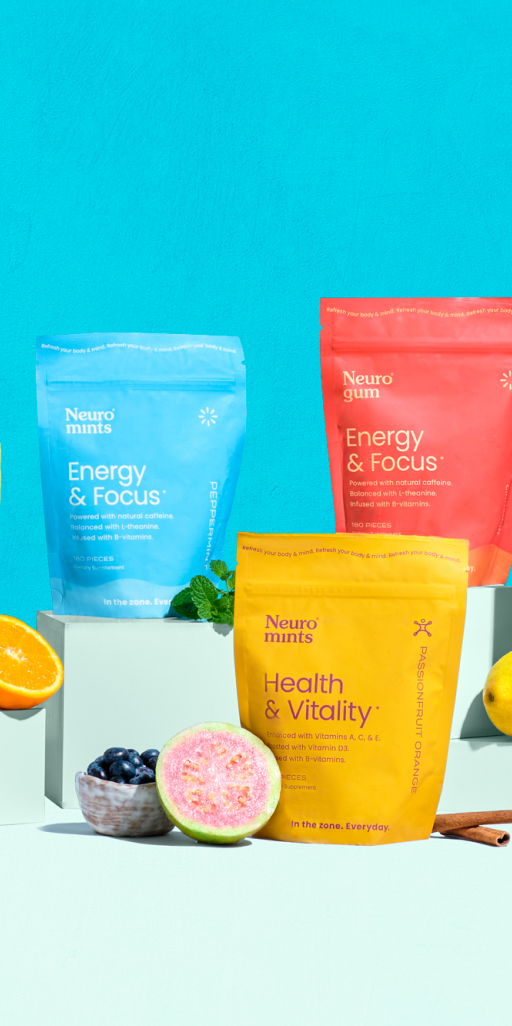Practicing Mindfulness in Your Everyday Life
Mindfulness is a word that’s really been making the rounds lately, being touted by self-help articles and experts as the next “big thing”, but also being brought up by medical professionals as a technique with scientifically proven benefits pertaining to mental health. In this text, we’ll first try to explain what mindfulness actually is, then we’ll go over the science behind it, and we’ll end things by giving you a list of tips to help you integrate mindfulness into your day-to-day routine in a hassle-free way so you could reap the benefits that this state of mind can bring.
What Is Mindfulness?
There is more than one definition for mindfulness out there, but it can be generally said that it is a mental state in which a person actively pays attention to the present and carefully observes his or her feelings and thoughts without passing judgment(1). You’d be correct to think that this bears striking similarities to meditation. These two practices not only complement one another but also frequently overlap – the main difference would be that meditation is a broader term which encompasses mindfulness, thereby making mindfulness one of the numerous forms of meditation(2). This is further evidenced by the fact that “mindfulness meditation” is a widely accepted therapeutic technique which is offered in a variety of institutions, ranging from schools to the U.S. Army(3).
Its popularity can be attributed to a number of factors, but we believe that two stand out. For one, numerous scientific studies have found that mindfulness can be beneficial to several facets of mental health, most notably stress reduction – more on this in the following section. Secondly, once you’ve mastered the required techniques, mindfulness can be practiced while you’re doing other things, and in particular, while you’re doing boring, repetitive tasks. As soon as you realize that you can work on bettering yourself at the same time as you’re doing your chores, that part of the brain which goes crazy when you see a thing you want is on sale lights up – it’s like you’re getting a 2-for-1 deal on mental wellbeing.
Mindfulness and Mental Health
As we’ve said, the foundation for the popularity that mindfulness has been experiencing lies in the fact that it is backed by sound research. We already mentioned stress reduction, and this study(4) found that “mindfulness-based stress reduction” (a combination of mindfulness meditation and yoga) showed positive results in reducing stress and anxiety.
However, the benefits of mindfulness are not limited to stress reduction. This study(5) shows an association between mindfulness and reduced levels of emotional difficulty, while this one(6) found that subjects who employed the aforementioned mindfulness-based stress reduction exhibited decreased rumination and fewer depression symptoms.
Speaking of depression, mindfulness has shown significant promise as a tool for helping those struggling with this horrible condition, as evidenced by this research effort(7) which concluded that mindfulness-based interventions were effective in alleviating certain symptoms of depression. Furthermore, this paper(8) claims that mindfulness-based cognitive therapy is effective in reducing the risk of depression relapse.
Research connecting mindfulness and mental health is abundant, perhaps surprisingly so – it comes as no surprise then that practicing mindfulness can help you sleep better(9), but there are indications that it could even help you quit smoking(10). Taking all of this into account, it certainly seems worthwhile to at least give this technique a shot, which is exactly what the next section will help you do.
Everyday Mindfulness
As stated previously, reaching a state of mindfulness is all about focusing on the present. You need to stop worrying about all the obligations that you need to get done before you go to bed or the problems you had earlier in the day and become completely aware of your current situation. Focus on taking deep, slow breaths and be present in the moment – experience your sensations and immediate surroundings as they are, without judging whether they are good for you or how they are going to impact your life in the time to come. It takes practice, but your everyday routine is full of opportunities to work at it. Opportunities such as:
-
Your Morning Routine
We know full well that waking up in the morning and getting ready to go to work or school is a time when we’re mostly on autopilot. Brush your teeth, get dressed, leave the house – you’re halfway there before you even realize you’re awake. But there is another way to go about doing this.
Let’s take brushing your teeth as an example. Instead of running around the house with the toothbrush in your mouth and using your other hand to reach for the TV remote, try taking it slow. Focus on the way the cold water feels on your skin, notice how your bare feet touch the bathroom floor. Analyze the taste of the toothpaste and make sure you get to every single last one of your teeth.
When you’re getting dressed, notice the texture of the fabric. Once you leave your home, take note of the surroundings – can you feel the morning breeze, what does the air smell like, is it noisy or are there fewer people around, etc.
-
While You Wait
It doesn’t matter if you’re using the public transportation or just standing in line somewhere – there are times during the day when you have no option but to be there and wait. Put it to use. Stop fretting about all the time you’re wasting and be mindful of other people – recognize they’re probably feeling the same frustration. Stop trying to fast-forward past this and focus on the present. If you’re on a bus, is the ride smooth or bumpy? If you’re in a line, pay close attention to everyone in front of you and how they react, how they move.
-
In the Shower
Don’t just try and get it over with as quickly as you can, while thinking about what was on the TV last night. The shower is your little personal spa and it gives you all the privacy you need to be mindful. Pay attention to how the warm water washes over your body, notice the smell of the shampoo, and listen to the sound the water makes when it hits the shower curtain.
-
While You’re in the Gym
Instead of thinking about what you’re going to do when you get back home or trying to catch a glimpse of the TV in the corner, fully focus on the exercise you’re doing at that moment. Notice every contraction of your muscles and every movement, be aware of how your heart rate is increasing, and make sure you’re breathing properly and in tune with the exercise. As an added bonus, this will drastically improve your form in the gym and help you get better results.
As we’ve said, being mindful takes practice and may not come naturally to everyone. If you’re struggling with it, some formal training in meditation could be the way to get you started – either find an instructor or look up some online courses. However you go about it, just remember to take some time to be in the present and you’ll find that you have a much clearer mind to help you deal with what lies in store in the future.
Resources:
- https://www.psychologytoday.com/us/basics/mindfulness
- https://www.medicaldaily.com/mindfulness-meditation-differences-377346
- https://news.harvard.edu/gazette/story/2018/04/less-stress-clearer-thoughts-with-mindfulness-meditation/
- https://www.ncbi.nlm.nih.gov/pubmed/25053754
- http://psycnet.apa.org/doiLanding?doi=10.1037%2Fa0026355
- https://www.sciencedirect.com/science/article/pii/S1550830709002109
- https://www.sciencedirect.com/science/article/pii/S0020748911003373
- https://www.ncbi.nlm.nih.gov/pubmed/21802618
- https://jamanetwork.com/journals/jamainternalmedicine/fullarticle/2110998
-
(10) https://www.ncbi.nlm.nih.gov/pubmed/22114078/%5D





















